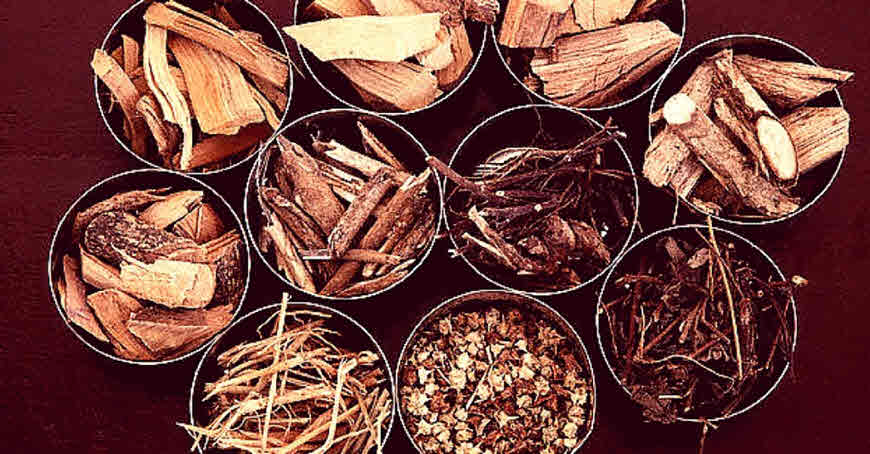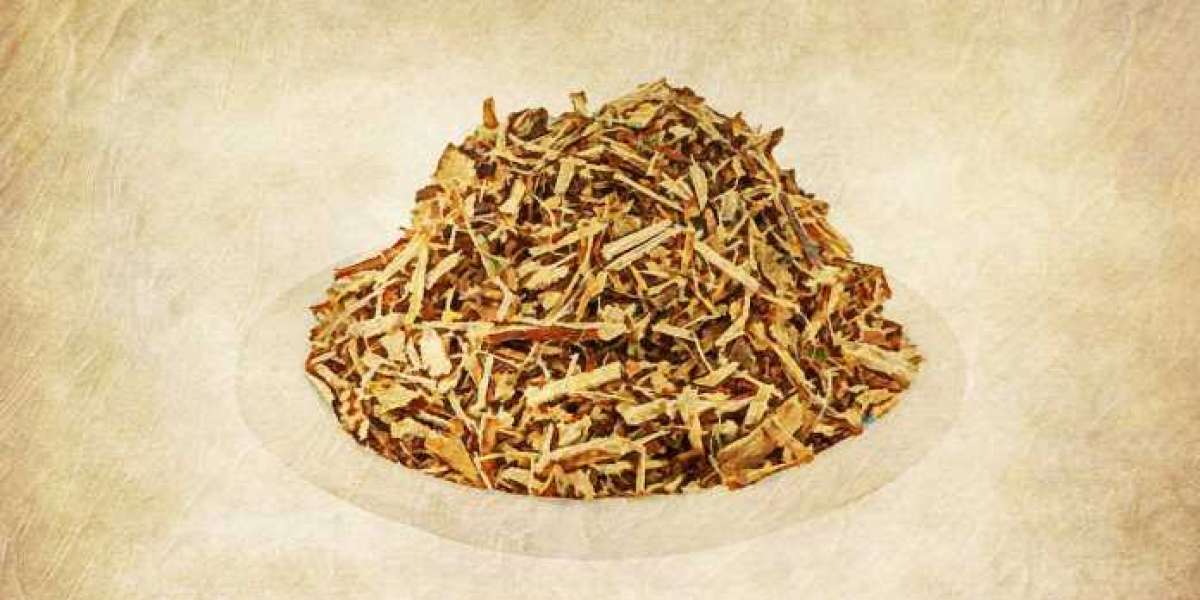Introduction to Dashamula
The Essence of Ayurveda
Ayurveda, the ancient Indian system of medicine, emphasizes the balance of body, mind, and spirit. It uses natural remedies and holistic approaches to promote health and well-being.
What is Dashamula?
Dashamula, translating to "ten roots," is a potent herbal blend used in Ayurvedic medicine. It combines the roots of ten specific plants, each contributing unique health benefits.

Historical Significance
Dashamula has been a cornerstone in Ayurvedic treatments for centuries. Its usage is documented in ancient texts, showcasing its enduring significance in traditional healing practices.
Composition of Dashamula
The Ten Roots
Dashamula is comprised of the roots of the following ten plants:
- Bilva (Aegle marmelos)
- Agnimantha (Clerodendrum phlomidis)
- Shyonaka (Oroxylum indicum)
- Patala (Stereospermum suaveolens)
- Gambhari (Gmelina arborea)
- Brihati (Solanum indicum)
- Kantakari (Solanum xanthocarpum)
- Shalaparni (Desmodium gangeticum)
- Prishnaparni (Uraria picta)
- Gokshura (Tribulus terrestris)
Unique Properties of Each Root
Each root in Dashamula brings specific therapeutic properties. For example, Bilva is known for its digestive benefits, while Gokshura is renowned for its diuretic properties.
Health Benefits of Dashamula
Anti-Inflammatory Effects
Dashamula is highly effective in reducing inflammation. It is used to treat conditions such as arthritis, where inflammation plays a central role.
Respiratory Health
This herbal blend is beneficial for respiratory conditions. It helps in clearing the airways, reducing congestion, and improving overall lung function.
Digestive Health
Dashamula supports healthy digestion. It alleviates issues like constipation, indigestion, and abdominal pain.
Nervous System Support
The blend helps in calming the nervous system, reducing stress and anxiety. It is often used to enhance mental clarity and focus.
Reproductive Health
Dashamula is known to support reproductive health. It helps in regulating menstrual cycles and alleviating symptoms of menopause.
Detoxification
This herbal blend aids in detoxifying the body, promoting the elimination of toxins and enhancing overall health.
Immune System Boost
Regular use of Dashamula can strengthen the immune system, making the body more resilient to infections and diseases.
Preparation and Usage of Dashamula
Traditional Preparations
In traditional Ayurvedic practice, Dashamula is prepared in various forms, including decoctions, powders, and oils.
Modern Usage
Today, Dashamula is available in easy-to-use forms such as capsules, tablets, and tinctures, making it accessible for daily use.
Dosage and Administration
The dosage of Dashamula depends on the individual's health condition and the form in which it is taken. Consulting an Ayurvedic practitioner is recommended for personalized dosage instructions.
Safety and Side Effects
General Safety
Dashamula is generally safe for most people when taken in recommended doses. However, it is important to use high-quality, authenticated sources.
Potential Side Effects
Some individuals may experience mild side effects such as stomach upset or allergic reactions. It is crucial to monitor for any adverse reactions, especially when starting a new herbal regimen.
Contraindications
Certain conditions may warrant caution when using Dashamula. Pregnant or breastfeeding women, as well as individuals with specific health conditions, should consult a healthcare provider before use.
Research and Scientific Studies
Clinical Trials
Numerous studies have explored the benefits of Dashamula. Clinical trials have shown its efficacy in treating inflammatory conditions, respiratory issues, and digestive disorders.
Phytochemical Analysis
Research has identified various bioactive compounds in the roots of Dashamula, contributing to its therapeutic effects. These include alkaloids, flavonoids, and glycosides.
Future Research Directions
Ongoing research aims to further elucidate the mechanisms behind Dashamula's health benefits and to explore its potential in treating a broader range of conditions.
Incorporating Dashamula into Daily Life
Dietary Incorporation
Dashamula can be incorporated into the diet through herbal teas, soups, and other culinary preparations, providing a practical way to enjoy its benefits.
Ayurvedic Practices
Incorporating Dashamula into daily Ayurvedic rituals, such as Abhyanga (self-massage) with Dashamula oil, can enhance its therapeutic effects.
Complementary Therapies
Using Dashamula alongside other Ayurvedic practices, such as yoga and meditation, can create a holistic approach to health and well-being.
Conclusion
Summary of Benefits
Dashamula is a powerful herbal blend with a wide range of health benefits. As one of the esteemed herbal products, it reduces inflammation and supports respiratory and digestive health, making it a versatile addition to holistic health practices.
Embracing Ayurvedic Wisdom
Incorporating Dashamula into your health regimen is a step towards embracing the ancient wisdom of Ayurveda, promoting balance and wellness in modern life.
Final Thoughts
With its rich history and proven benefits, Dashamula stands as a testament to the enduring power of Ayurvedic medicine. Whether used traditionally or in modern forms, it offers a natural and effective way to enhance health and vitality.








